
How to Determine Your Skin Type
If you want to take proper care of your skin, it is essential to determine its type. Knowing your skin type will help you pick the right skincare products that will keep your skin healthy and flawless. The four basic skin types are normal, oily, dry and combination skin. Let’s figure out how they differ from one another and how to determine your skin type.
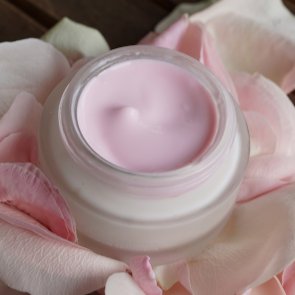
How to Pick the Right Moisturizer for Your Skin Type
Moisturizing is arguably the most important step in any skincare routine, regardless of the skin type. Without proper hydration, your skin can become dull and lose its elasticity, which will result in premature wrinkles. To provide your skin with the moisture it needs, you should pick the right moisturizer that is tailored for your skin type.
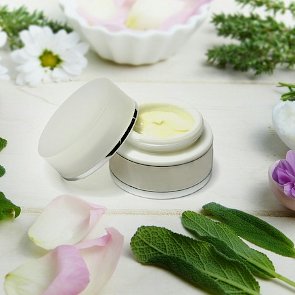
How to Choose the Right Moisturizer for Combination Skin
If you have dry or oily skin, it is relatively easy to pick the right beauty products since there are many moisturizers, face washes and other products that are specifically tailored for these skin types. Choosing products for combination skin, however, is much trickier because this skin type tends to be oily in the T-zone and dry on the cheeks. Let’s figure out how to choose the right moisturizer for combination skin.

How to Remove Product Build-Up from Your Hair
Styling products (hair sprays, gels, mousses, spritzes), conditioners and dry shampoos can build up on your hair even if you shampoo regularly. They mix with the natural build-up on your scalp and weigh your tresses down, making them look dull and lifeless. To keep your hair looking healthy and radiant, you should remove product build-up every now and then. Here are 4 ways to do this.

How to Detox Your Scalp at Home
A healthy scalp is the key to great hair. No matter how many strengthening products you use on your hair, it will look dull and lifeless if you don’t take proper care of your scalp. Have you known, for example, that your scalp needs deep cleansing and regular detox? Let’s figure out how to detox your scalp for strong and healthy hair.

How to Make Your Hair Look Messy
No one’s hair looks good when they have just rolled out of bed; the tousled bedhead hair you see in movies and TV shows actually takes time and effort to style. Luckily, it doesn’t require a professional stylist to get the seemingly effortless messy hair look that’s both natural and edgy. Here are a few tips on how to make your hair look messy.

How to Get the Wet Hair Look
The wet hair look isn’t exactly a new trend, but like most trends, it enjoys periodic comebacks. It’s a hairstyle that works with all hair textures and cuts. Another great thing about this trendy look is that it’s surprisingly easy to recreate – no professional hair stylists required! So how to make your hair look wet?

How to Make Your Hair Look Shinier
Many people think that shiny hair is the prerogative of those with naturally straight, silky hair. Luckily, they are wrong. Regardless of your natural hair texture, there are ways to amp up its shine and make it look healthy and glossy. Here are a few tips that will help you make your hair look shinier.
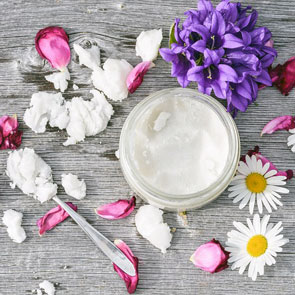
How to Choose the Right Oil for Your Hair Type
Natural oils have been used in hair care for thousands of years. Even today, when beauty brands offer numerous products with innovative formulations, many people still include carrier oils in their hair care routines because they are safe, natural and effective. However, your hair will benefit from oils only if they are right for your hair type. How to pick the right oil for your hair?

How to Make Your Hair Look Less Greasy
Greasy hair happens when the sebaceous glands in the scalp start to produce too much natural oil (sebum). Washing your hair seems like an obvious solution to this problem, but it can actually make things worse because when your hair gets stripped of natural oils, the scalp begins to produce even more sebum to compensate. Are there any ways to manage greasy hair without getting trapped in a vicious circle or frequent washing? Of course there are!
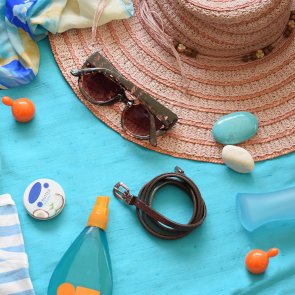
How to Choose the Best Sunscreen for Your Face
Sunscreen isn’t some optional beauty product that you can easily do without, neither is it something you need only in summer. Your skin must be protected from the sun all the year round because the risk of developing skin cancer is directly related to the amount and intensity of UV exposure your skin is getting. To protect your skin from UV rays in the best possible way, you need to pick the right sunscreen.
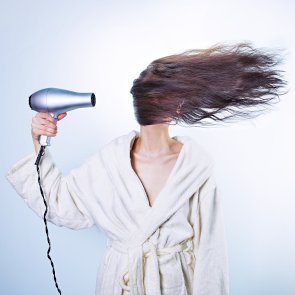
How to Blow-Dry Your Hair Safely
For many people, letting their hair dry naturally is not an option. Unfortunately, blow-drying can be damaging to your hair because exposure to hot air makes it lose moisture and become dry, frizzy, and brittle. To minimize the heat damage caused by blow-drying your hair, you should follow a few simple rules. How to blow-dry your hair safely?
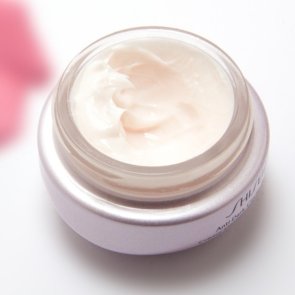
How to Choose the Right Moisturizer for Normal Skin
People with normal skin are the envy of those with other skin types because normal skin has barely visible pores, few imperfections and no extreme sensitivities. However, just because you have normal skin doesn’t mean it will always stay this way. To keep your skin healthy, you need to maintain its hydro-lipid balance and protect it against the environment. And choosing the right moisturizer for your skin type is the first step in this.
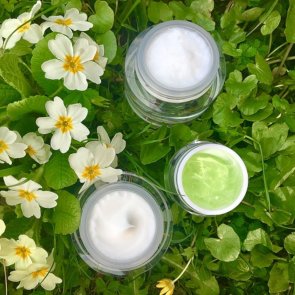
How to Choose the Right Moisturizer for Oily Skin
Contrary to a popular misconception, oily skin does need moisturizing. Without it, oily skin will become dehydrated, and will overcompensate by producing more oil, becoming even greasier and shinier than before. Of course, you need to choose the right moisturizer for your skin to benefit from it. Here are a few tips on picking a moisturizer for oily skin.
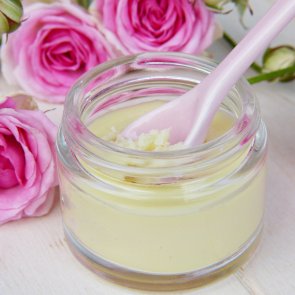
How to Choose the Right Moisturizer for Dry Skin
Absolutely all skin types need moisturizing, but it is dry skin that benefits from using moisturizer the most because lack of moisture in the skin leads to tightness, flaking, irritation, increased skin sensitivity, and premature aging. Picking the right moisturizer for dry skin may seem a daunting task, but we have a few tips that will make it easier.
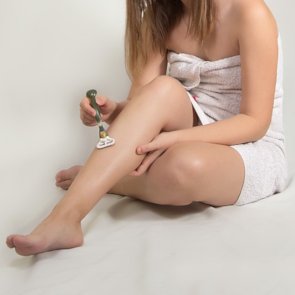
How to Soothe Your Legs After Shaving
Shaving is probably the most popular way of getting rid of unwanted hair, but it has its fair share of downsides, including irritation, razor bumps, and ingrown hairs. If your legs get itchy after shaving, you probably want to know how to soothe them. Here are a few tips that may help you out.
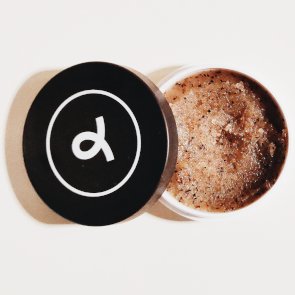
How to Exfoliate Sensitive Skin
Exfoliation is the removal of dead skin cells from the outer layers of the skin. It is something you should do at least once a week to keep your skin healthy, but people with sensitive skin usually find it tricky because their options are very limited. However, there are ways to exfoliate sensitive skin safely.
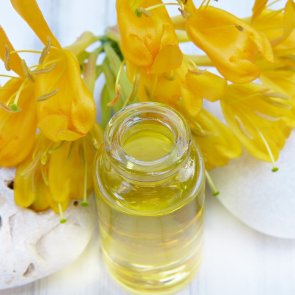
How to Choose the Right Oil for Your Skin Type
Carrier oils are great for keeping your skin soft, smooth and hydrated. In fact, they can do almost anything, from treating dry and flaky skin to fighting acne. However, it is very important that you pick the oil that suits your skin type, otherwise you’ll only make things worse. Let’s figure out which oils are right for different skin types.
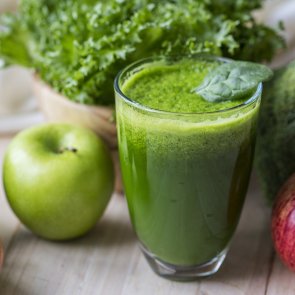
How to Detox Your Skin in One Week
The skin is the largest organ of your body, and it’s constantly in contact with environmental pollutants and dirt. They can clog your pores, cause acne breakouts and flaking, make your complexion dull. To keep your skin looking healthy, fresh and radiant, you should detoxify it every now and then. How to detox your skin in one week?

Seasonal Skincare: Must-Have Beauty Products for Different Seasons
Transitioning from one season to another can take a toll on your skin if you don’t tweak your skincare routine. In fact, you should have a separate skincare routine for each of the seasons. Here’s our list of must-have beauty products for different seasons that will be a great addition to your seasonal beauty regimens.

5 Tips for Your Summer Skincare Routine
Everyone knows that skin needs more sun protection in summer. But stocking up on products with SPF (and actually using them) isn’t the only thing you should change about your skincare regimen during the warmer months. Here are 5 tips for your summer skincare routine that will help you keep your skin fresh and glowing even in hot weather.

7 Basic Steps of a Proper Skincare Routine
Randomly applying skincare products to your face will hardly do you any good. Creating an effective skincare routine is all about using the right products in the right order. Although everyone has their own perfect skincare regimen, there are some basic rules you should be aware of. Here are the 7 basic steps of a proper skincare routine.
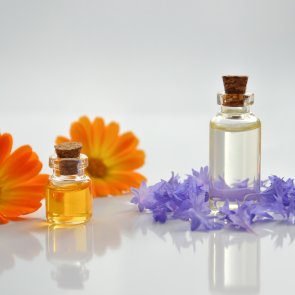
What Are the Best Oils for Acne-Prone Skin? Our Top 5
People with acne-prone skin generally avoid using oils because they think it will only make their breakouts worse. However, there are different kinds of oils with different properties. Essential oils, for example, have an antibacterial effect that actually helps treat pimples, and some lightweight carrier oils contribute to skin healing without making your face look greasy. Here are five best oils for acne-prone skin.
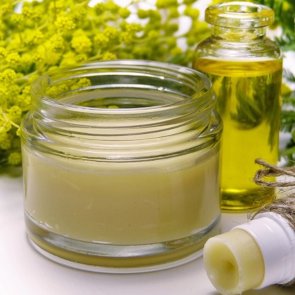
Deodorant Creams: A Safe and Natural Alternative to Your Regular Deodorant
All humans have body odor, which most people find unpleasant and try to mask, reduce or prevent. Thankfully, there is a wide range of deodorants and antiperspirants that help deal with body odor. However, not all of them are safe for your health, especially if you have sensitive skin. If you’re looking for a healthy alternative to mass-market deodorants, check out deodorant creams.